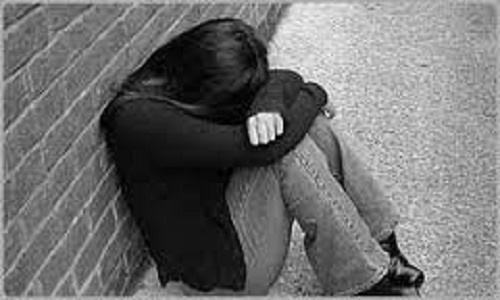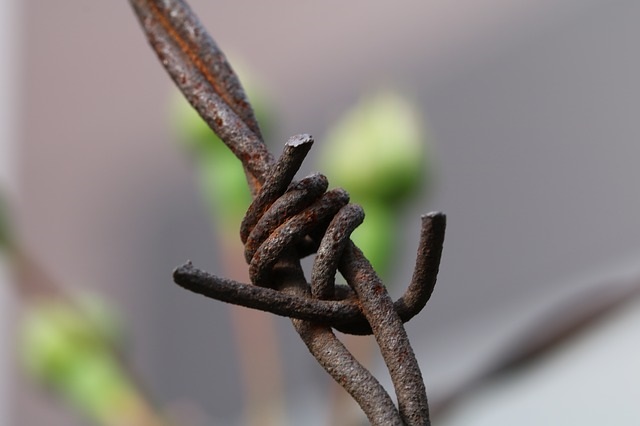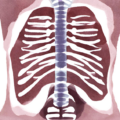Endometriosis causes problems in every aspect of a woman’s life including her mental state. It is a disease that occurs when tissue resembling uterine tissue is found outside of the uterus. It bleeds just like normal uterine tissue and causes extreme pelvic pain. The pain can be around your period or it can be every day. Every person is different. I went a long time with having pain every day and it became unbearable for me. I know personally I have felt like I was not good enough for anyone because of things the disease has taken away from me. I know many women have felt suicidal and some have ended their lives because they could not handle the pain or the struggles that come with the disease.
Doctors don’t take Endometriosis Seriously
When doctors do not take you seriously or act like they do not care what is going on with you, it is hard not to withdraw from the world. Why would you want to talk about something that people do not understand? I have had feelings of not knowing what my next step is because I cannot physically have children. This disease can take a woman’s fertility. How is that an easy thing to handle? I have found myself saying that I am not depressed or I would not be depressed if I did not have the disease as part of my life. However, the reality is endometriosis is part of my life whether I like it or not and I am depressed. After everything I have been through, I have gone through spells of wanting to give up on finding answers. This is because I am tired of medical professionals pushing me aside because they do not know how to help me.
A Hysterectomy at 23 is Depressing
Having to choose to have a hysterectomy at the young age of 23 is depressing enough, but having to explain this every time I go to a new doctor is a horrible experience each time. Even though I fill out the patient forms and put that I have had a hysterectomy, I still get asked when my last period was. It is crazy to me that we fill out these forms and then the nurses and/or doctors do not read them before asking questions. I have had nurses tell me that I am too young to be going through this at my age. I do not need this constant reminder that I will never be able to get pregnant and will be missing out on that experience. Even though I chose to have a hysterectomy, I did not have much of a choice. This is something I struggle with every day. It is depressing to try so many different treatments hoping one will end your pain, and then have nothing to help. I feel like with each doctor’s appointment I lose a little hope of ever being pain free. It is depressing to make plans and have to cancel them because of your health. I always feel guilty for doing this. We did not ask to have endometriosis. I have been to over 20 doctors at 25 years old. This makes me feel like all of my symptoms are in my head because doctors have been unable to tell me why I am still in pain or help get rid of the pain.
Endometriosis Pain is Real: We are not Drug Addicts
Many doctors do not want to give women with endometriosis pain pills because they think that their patients will become addicted to them. So instead, we suffer in pain. Chronic pain is crippling and affects every day life from things like taking a shower, working, cooking, or taking care of children. It also affects you mentally. It is hard to concentrate when you are in pain. Because people cannot see what is going on inside of your body, some may think that you are not in as much pain as you say you are.
Social Support for Endometriosis is Critical
I have been going to counseling for a few months now to help me deal with all of my health issues. It helps to have someone to listen to everything I have going on. There are many Facebook groups for women with endometriosis as well as for supporters that I have found helpful. These include: Endo Warriors, Nancy’s Nook Endometriosis discussion and education, ENDOvisible, among others. There is also an Endo Buddy program through Endo Warriors. When you sign up, you are paired with a woman who has endometriosis. I was paired with someone around my age in my state. We talk almost every day to see how the other one is doing and to help each other deal with our problems, especially ones that are endometriosis related. It is helpful to have someone to talk to that understands what you are going through. Even though I have found it is hard to talk to people about this disease, it does help me mentally to let people know what I am going through and how I am feeling. They may not know what to say, but it is always good to have someone to listen to you. It has also helped me to write about my experience with endometriosis to help other women that suffer with the disease and to gain more awareness for it. It helps to have a great support system. My family and friends have been there for me throughout this entire journey and I am so thankful for that. Without this support, I do not know where I would be.
All of this is very hard to deal with, but this is my reality and the reality for millions of other women. Depression is real with endometriosis and it is time that it is recognized. Too many women have lost their lives to this disease. We are not crazy and our symptoms are not in our head. It is time that we end the silence so that one day women will not have to deal with endometriosis or the other things that come along with the disease.
If you would like to share your story about endometriosis or write about endometriosis research and news, write for us.










